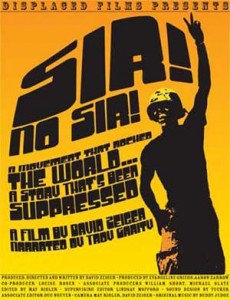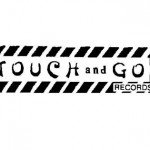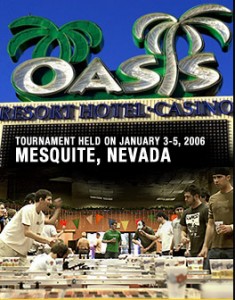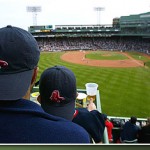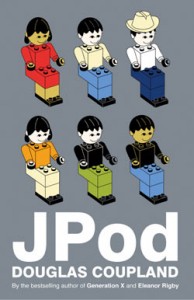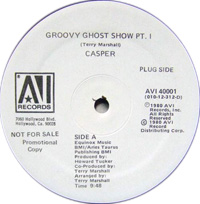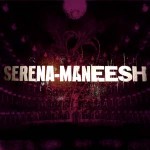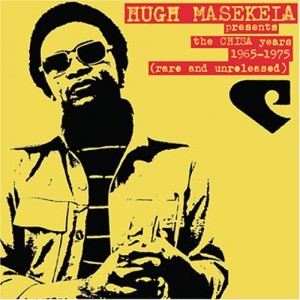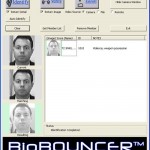Interview
Playboy.com
May 2006
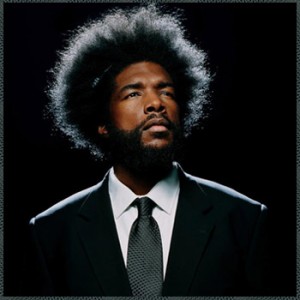
As ESPN readied Monday Night Football before this summer’s cable premiere, the network brass decided to record a new version of the iconic theme song, a program staple since 1989. They assembled a musical dream team for the session, including Little Richard, Aerosmith ax-slinger Joe Perry and Bernie Worrell and Bootsy Collins from Parliament Funkadelic, all larger-than-life instrumental superstars. Ahmir Thompson, better known as Questlove of the Roots, filled the drummer’s chair.
“That was the zaniest experience I’ve ever had,” said Questlove. “It was cool to be chosen, plus the organizer was Little Steven. It took everything in me not to ask him about the last eight episodes of The Sopranos.”
Large, jovial and blessed with a towering Afro, Questlove comes off as humble and friendly, launching into epic stories at a moment’s notice. He could be called an average go-to guy if he didn’t play that role for many of the biggest names in music and entertainment. He’s produced albums by Common and D’Angelo. He’s worked with Erykah Badu and Christina Aguilera. Dave Chappelle tapped him to be music director for his groundbreaking comedy show and movie, and when rap mogul Jay-Z staged a live performance of his Reasonable Doubt album at Radio City Music Hall this summer, Questlove was there directing the show. But, as Questlove would be the first to point out, these are side projects. His main role is the drummer — or, as he sometimes says, traffic director — for the Roots.
The Roots began when Questlove met Tariq Trotter, better known as the rapper Black Thought, in 1987 at the Philadelphia High School for the Creative and Performing Arts. Their first appearance was a Valentine’s Day talent show where they lost to future members of Boyz II Men. Refining their unique take on live hip-hop by staging impromptu shows on Philadelphia street corners, the duo grew to a full-size band and was eventually scouted out and signed to Geffen, beginning a career filled with critical, if not exactly commercial, success. As tight as the major touring funk groups of the past, the Roots are repeatedly praised as the world’s best hip-hop band, often ending shows with free-flowing jams. Rolling Stone’s Touré went so far as to write that the group is “so important to the overall well-being of hip-hop, if they did not exist, we would have to invent them.”
Though often lumped with other underground hip-hop groups because they eschew lyrics about bling, bitches and drug dealing, the Roots resist such easy stereotyping. Constantly reinventing themselves for each album, the group took a creative leap with its new album Game Theory. The first on the new Def Jam Left imprint, it’s a dark, introspective and political opus that contains some of their best work. Speaking over the phone from a hotel room in St. Louis during a break in the Roots’ recent tour, Questlove talked to Playboy.com about the band’s experiences with Katrina, how a few seconds of music changed Chappelle’s Show forever and the joys of breakfast with Prince.
Playboy.com: Do you think hip-hop’s reaction to Hurricane Katrina was as big as people expected? Were enough people speaking out about it?
Questlove: To really get political, you need to set yourself apart from capitalism. That’s why people get leery when Bono comes around with his agenda. I find it disheartening that entertainers have more power than politicians or parents. But at the end of the day, most artists don’t want to fuck up a good thing by rocking the boat. I personally can’t afford to rock the boat. I don’t have a yacht yet. There’s no boat for me to rock.
Read more…
